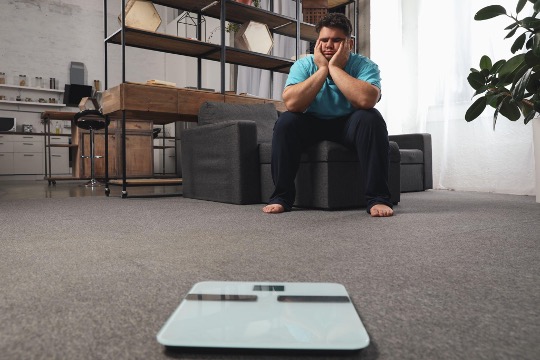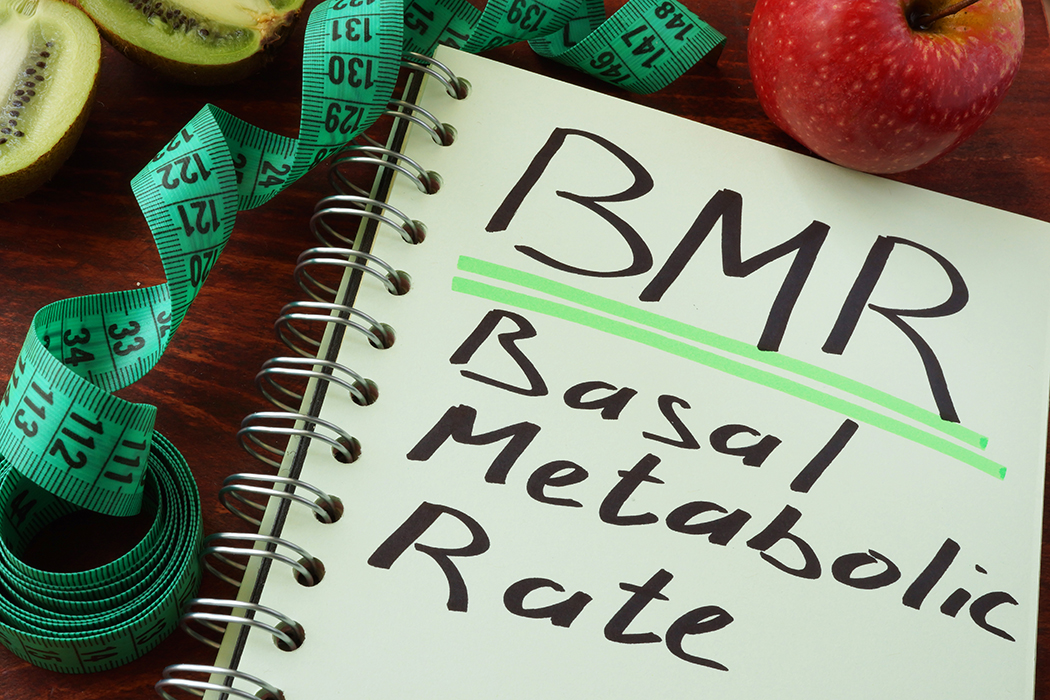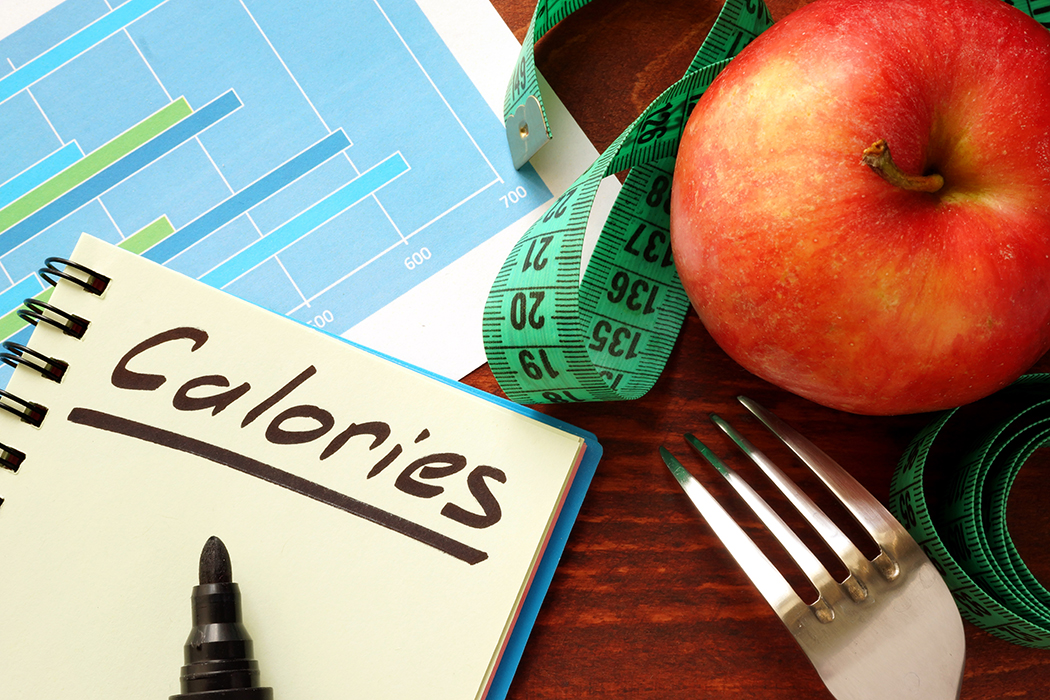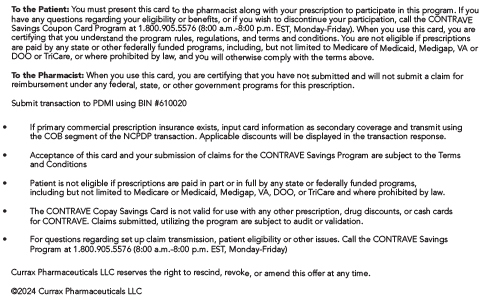How to Get Past a Weight Loss Plateau
Starting a weight loss journey is an accomplishment in itself, but you can expect there to be challenges along the way. As you get started with a diet and exercise plan, you might notice that your early progress seems to slow down—also known as a weight loss plateau. A plateau in weight loss can be frustrating, but there are strategies you can use to overcome one. Keep reading for some important points on breaking a weight loss plateau.
- What Is a Weight Loss Plateau?
- What Causes a Plateau in Weight Loss?
- How to Break a Weight Loss Plateau
- Final Notes
What Is a Weight Loss Plateau?
A weight loss plateau occurs when you start losing weight and then suddenly seem to stop progressing. At the beginning of your journey, you might see yourself shedding pounds relatively quickly. You’re excited—the weight is coming off! You’re doing great! But what’s really happening inside your body?
At the beginning, the weight comes off quicker due to consuming fewer calories. With less energy sources available, your body must find its energy somewhere else. It finds alternative energy by releasing stored sugars, known as glycogen, to burn as fuel.
Glycogen is a water-heavy molecule, so when you burn glycogen, you also lose a lot of water. Losing water can lead to dramatic drops in weight. This is commonly referred to as “losing the water weight.”
Cut to a few weeks or months later. The number on the scale seems stuck. What happened to all that progress? Even though it can be frustrating, it’s important to understand that this happens to just about everyone at some point during their weight loss journey. Unfortunately, it often occurs at the beginning, just when you need the motivation of success the most.
If you feel like your weight loss has reached a plateau, giving up is not the solution! By continuing your efforts, you can not only preserve your progress so far but also work hard to overcome this plateau to continue progress.
What Causes a Plateau in Weight Loss?
If we consider the calories-in-calories-out model of weight loss, you lose weight when you burn more calories than you consume. Glycogen—or the stored sugars we discussed in the previous section—is stored in your liver and muscle, as well as body fat. And, when you burn more calories than you consume, your body turns to your glycogen stores and you begin to lose water weight.
After your body has used up the energy you’ve supplied it with in the day, it will begin burning the glycogen stores in your muscles and liver first. After a few days of this, your metabolism can begin to slow. Your metabolism may slow in order to save energy, but a loss in muscle mass can also slow down your metabolic rate. This is why consuming enough protein and taking part in weight training to help sustain muscle mass can help to lessen the impact of a weight loss plateau.
If you continue to expend more energy than you consume, your body will eventually tap into the glycogen stores in your body fat. The depletion of your glycogen stores, the slowing of your metabolism, and running low on water weight to lose can all play a role in contributing to a weight loss plateau.
How to Break a Weight Loss Plateau
If you are trying to overcome a plateau in weight loss, you will either have to cut your calories, increase your metabolic rate, or incorporate some combination of both. Below, we have provided some tips that can help you break through your weight loss plateau and start shedding the pounds once again:
Boost the intensity or frequency of your workouts
One of the best ways to burn more calories is by increasing the intensity and frequency of your workouts. You may want to start by spending a little more time at the gym every day. For example, if you currently go to the gym for 30 minutes per day, five days per week, consider staying at the gym for an extra 15 minutes or doing your usual length for an additional day every week.

You can also burn more calories by increasing the intensity of your workouts. More intense exercise can increase your heart rate, burn more calories and help you lose weight. For example, instead of a 30-min walk on the treadmill you may want to start doing intervals of walking and jogging intermittently within the same time frame. Remember to talk to your doctor before making changes to your exercise regime.
Add strength training to your routine
Consider adding strength training to your routine. Strength training (or weightlifting) is a great way for you to increase your metabolic rate to help burn more calories. Strength training can also help you build lean muscle mass, increasing your metabolic rate to burn more calories.
Research has shown that strength training can help you lose weight, but it is important for you to do so safely. If you don’t have a lot of experience lifting weights, you may want to talk to a personal trainer who can help you safely learn the right exercises for your body.
Track your meals
Cutting more calories is another option to break through your weight loss plateau. As the body loses excess weight, it doesn’t need as many calories. As you lose weight you may not realize that you are eating more than you should at each stage. Tracking your meals can help you see the trend of your calorie consumption over time.
You do not necessarily need to know the calorie content of every single ingredient you include in your meal, but attempting to record calories and nutritional data can help you better understand your eating habits. Pen and paper work, though there are plenty of mobile meal tracking applications should you prefer to stay digital. Keeping track of your meals means keeping track of your calories—so you can check that you are not eating more than you should be to reach your goals.
Manage stress
High- stress levels can contribute to weight loss plateaus or even potentially lead to weight gain as your body enters survival mode. A comprehensive stress management strategy can help you support overcoming a weight loss plateau.
If you want to do a better job managing your stress, try following some of the below tips:
- Make sure you get enough sleep every night. The average person should ideally get at least seven to nine hours of sleep per night. If you do not get enough sleep, you will have a difficult time focusing during the day, which can increase your stress levels.
- Get a change of scenery. A vacation can be the ultimate stress reducer, but it’s not always an option. But even if you can’t get away right now, stepping outside or taking a short road trip to see someplace new can be similarly refreshing and grounding.
- Try meditating. Meditating for a few minutes every day is a great way to clear your mind, and you can leave your stress behind for a short while.
- Consider reaching out to a mental health professional. Talk to your doctor if you are interested in getting a referral to a therapist. A mental health professional can help you discover personalized methods for managing stress levels.
If you find that you are struggling to break through a plateau and lose weight despite increased exercise and healthier eating, then you may want to speak to your doctor about alternative solutions. For those who have obesity or are overweight with at least one weight-related medical condition, certain prescription weight loss medications can be effective in combating emotional eating. Read our FAQ page to learn more about CONTRAVE®, a prescription weight loss pill, and how it may help those dealing with certain weight-related struggles.
Final Notes
Breaking through a weight loss plateau is possible! Even though reaching a plateau can be frustrating, a well-rounded plan could help you overcome it and resume your path towards a healthy weight.
Related Resources

Body Fat Calculator
View
The Keto Diet For Beginners: How to Start a Ketogenic Diet Plan
View
BMR Calculator: Calculate Your Basal Metabolic Rate
ViewLatest Resources
Ask your healthcare provider about CONTRAVE
Get help starting the conversation.
The CONTRAVE Chronicles Blog
Get recipes, workouts, success stories, and healthy lifestyle tips.
Just getting started with CONTRAVE?
See what you can expect.


